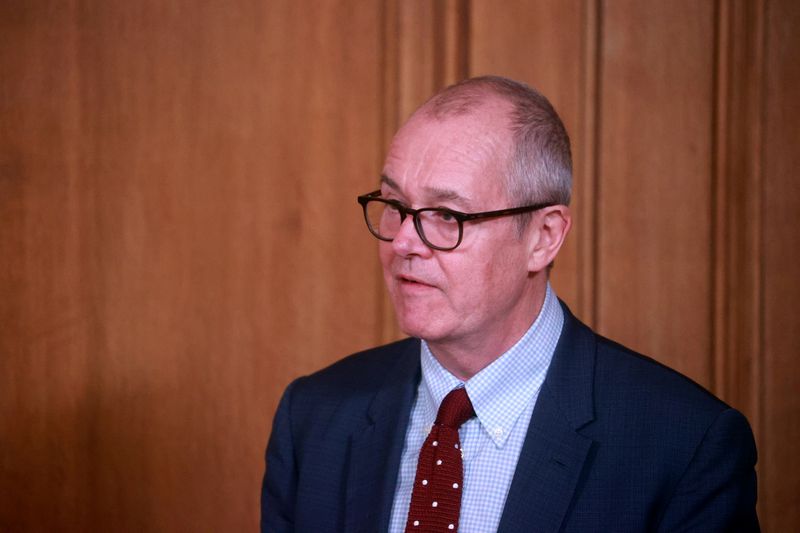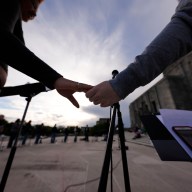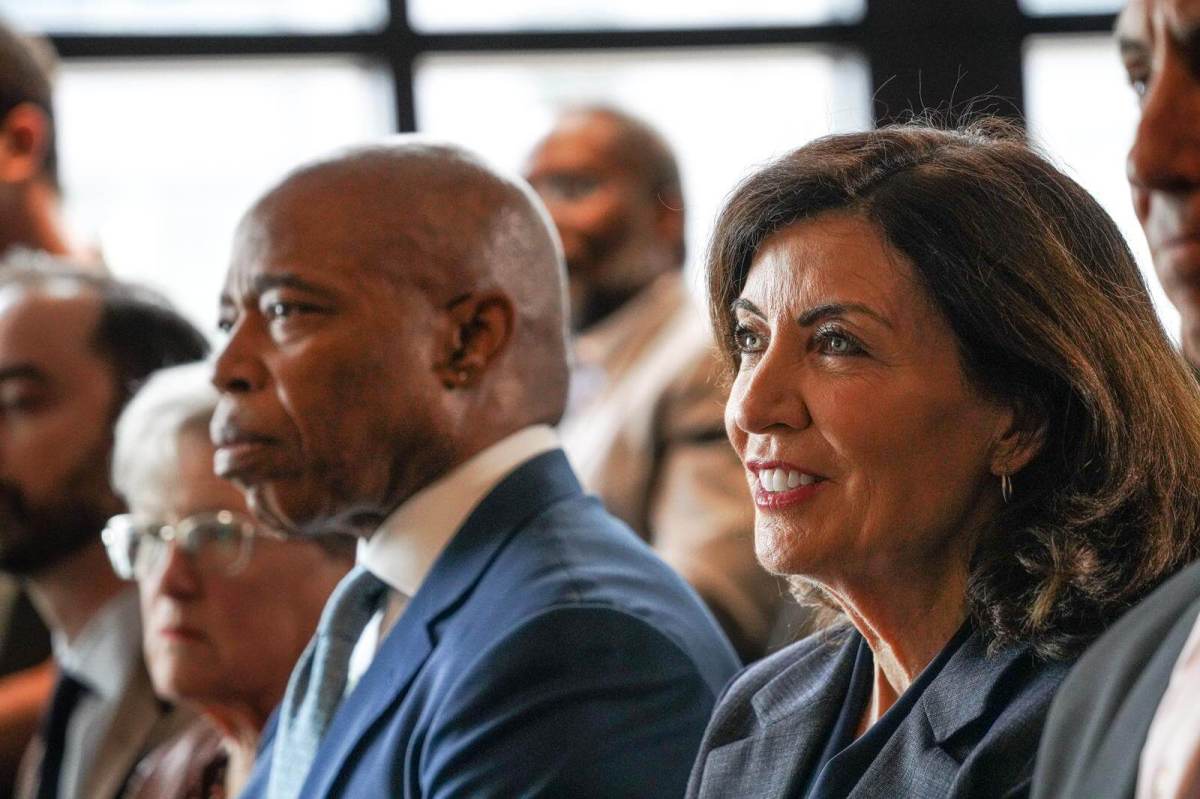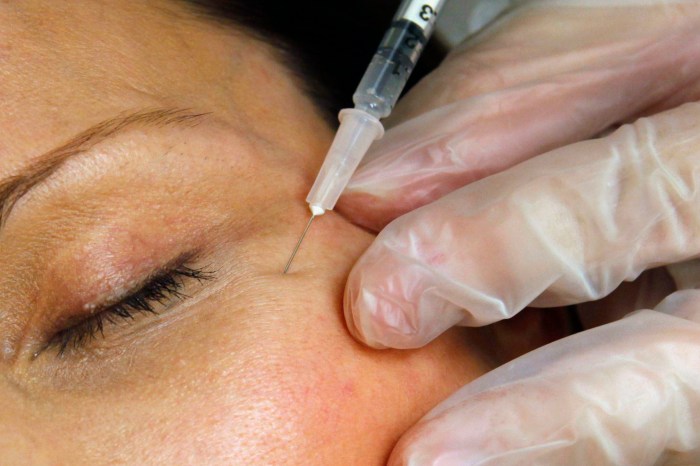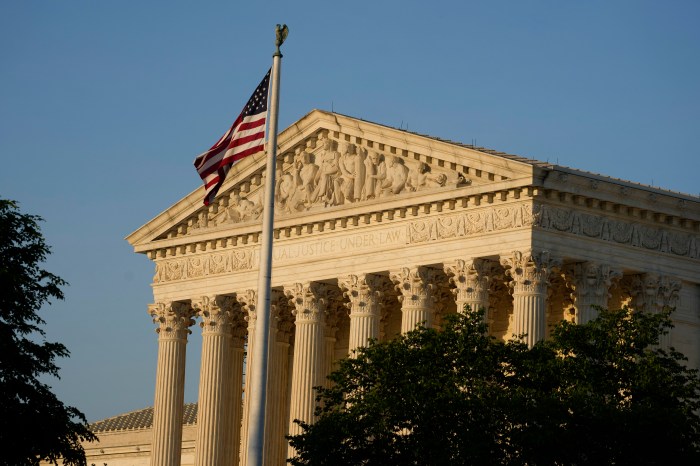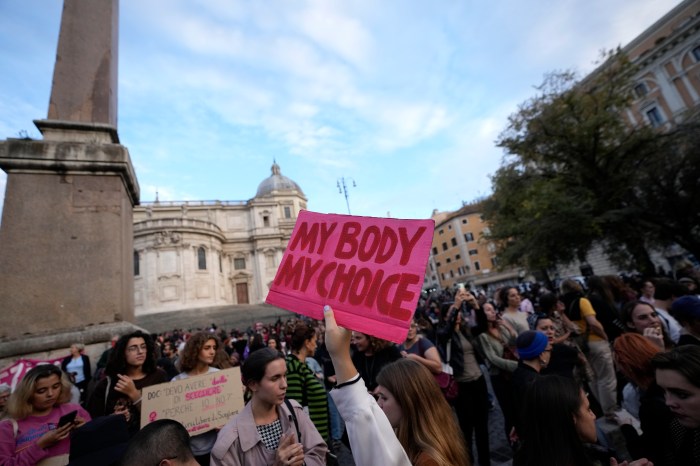LONDON (Reuters) – British Prime Minister Boris Johnson must only ease lockdown in England with 4 to 5 weeks between stages so that the impact of the moves can be assessed and relaxation can be paused if needed, his top science adviser Patrick Vallance said on Monday.
Vallance said that though there was encouraging evidence from Britain’s vaccine rollout, it could not be “off to the races” as Johnson outlined plans to ease restrictions in England.
“We are in a not very good position, which is getting better,” Vallance told reporters.
“The message that comes out of all of the modelling is… get (infection) numbers down before you start releasing, go slowly, (and) go in blocks that you can measure the effect of after four or five weeks.”
Vallance said that even achieving good coverage with highly effective vaccines, a large portion of the population would remain unprotected, which underpinned the cautious approach to ending lockdown.
Government scientific advisers warned that very fast unlocking by late April would lead to a new large wave of infections, and have recommended a staggered approach.
“It would take a minimum of three weeks after lifting one set of restrictions to determine whether it is safe to take the next step,” said a summary of modelling advice published on Monday by the Government Office for Science.
Data from Scotland and Public Health England suggested that the vaccine rollout in Britain is having an effect in reducing severe disease and deaths.
But Vallance said that it would be a mistake to become overly optimistic.
“The right information is not that vaccines are 100% effective and it’s all off to the races. It’s absolutely not that,” he said.
“There is still a risk. We’ve got high numbers, we need to go cautiously. We need to unlock and measure.”
(Reporting by Alistair Smout and Kate Kelland; editing by Guy Faulconbridge)

